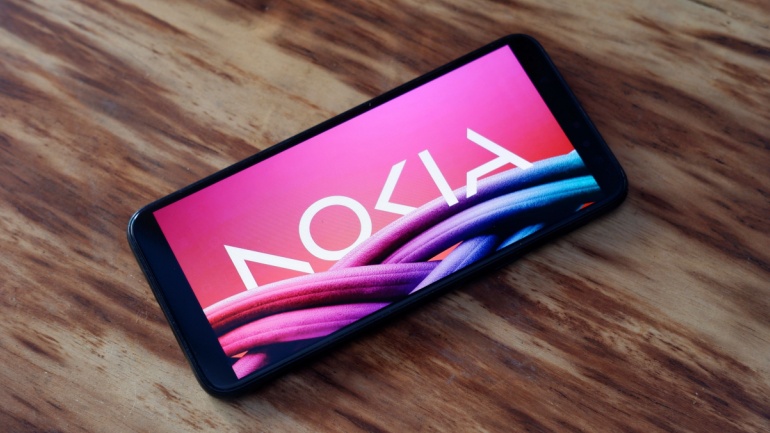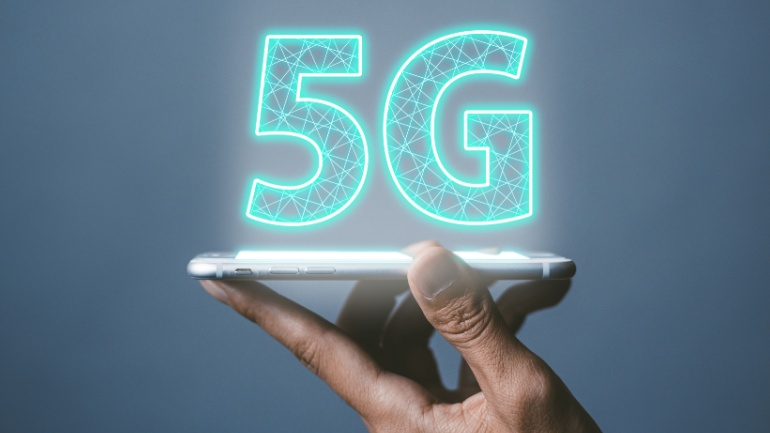Huawei and UAE telecom provider du have deployed the first indoor 5G-Advanced network in the Middle East, utilizing three carrier aggregation technology. This network delivers peak data rates of 5.1Gbps, enhancing indoor connectivity in shopping malls, hotels, airports, and residential buildings.
Nokia has dismissed rumors about its mobile network business being acquired by Samsung. The Finnish telecom giant confirmed its dedication to the division, despite market speculation. This strategic asset is key for Nokia and its customers, especially with the expansion of 5G technology. Keep updated with Nokia’s innovative journey.
Indosat Ooredoo Hutchison has launched Indonesia’s first AI Experience Center at Solo Technopark, Central Java. This state-of-the-art facility, boasting advanced 5G connectivity, aims to establish Indonesia as a future leader in AI. The center will foster innovation, develop AI-ready talent, and support the nation’s digital transformation.
Maxis and Huawei collaborate to advance 5G in Malaysia, launching a Joint Innovation Centre. Telecom Italia exits Inwit, selling its final stake for €250 million. Oracle partners with AT&T to integrate IoT connectivity into its platform. TalkTalk secures a £400m lifeline amid financial struggles and leadership changes.
NATO’s HEIST initiative enhances global internet resilience by integrating subsea cables and satellites, aiming to safeguard against data traffic disruptions. GoTo harnesses generative AI to improve customer experiences, while China Unicom and Huawei launch a 5.5G network in Beijing, and Swisscom and Nokia deploy a nationwide drone network in Switzerland for safety and industrial monitoring.
MasOrange, Spain’s leading mobile operator, is set to reduce Chinese equipment in its 5G network to mitigate geopolitical risks. From 2024, Huawei’s share will drop as Ericsson’s increases, targeting a full elimination by 2029. This transition ensures a robust 5G expansion, bolstering coverage across 100% of municipalities over 10,000 residents.
CelcomDigi has launched its AI Experience Center, AiX, in Malaysia to drive digital solutions across various industries. Located in Subang Jaya, AiX offers interactive simulations and showcases real-world applications in sectors like healthcare and logistics. Supported by global tech giants, this initiative underscores Malaysia’s commitment to advancing 5G and AI technologies.
Germany has officially banned critical components from Chinese telecom firms Huawei and ZTE in its 5G network infrastructure, citing security concerns. German telecommunications companies must eliminate Chinese equipment from core networks by 2026 and from 5G access and transport networks by 2029.
The US Commerce Department has prohibited the use of Kaspersky security software across the United States, citing national security concerns. The Bureau of Industry and Security (BIS) determined that Kaspersky’s cybersecurity products pose “unacceptable risks” to US national security and public safety.
In a significant development, Hong Kong residents now have access to China Telecom’s satellite direct-to-phone service, marking a pivotal step in the operator’s expansion strategy. China Telecom has long provided satellite options to mobile customers through a range of devices, including dongles, dedicated satphones, and smartphones equipped with built-in satellite antennas from manufacturers like Huawei.













